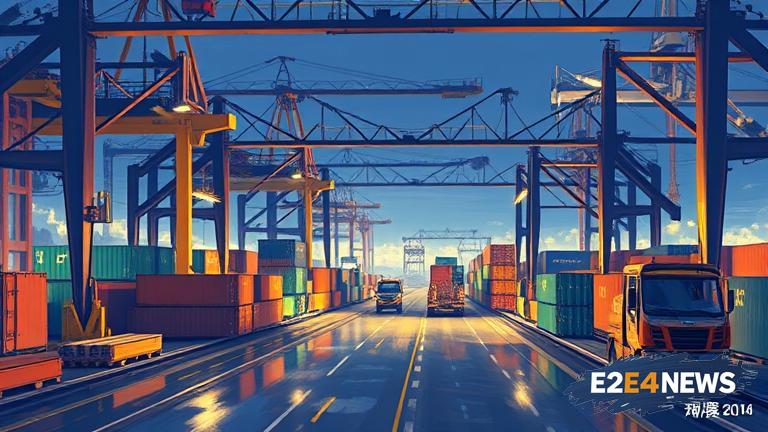The Thai government has announced plans to allocate at least 20 billion baht to provide tariff relief to various industries, in a bid to boost economic growth and mitigate the impact of global trade tensions. This move is expected to benefit several sectors, including agriculture, manufacturing, and exports. The tariff relief is aimed at reducing the financial burden on businesses and consumers, and to increase competitiveness in the global market. The government has identified key areas that will receive the tariff relief, including raw materials, machinery, and equipment. The relief package is also expected to cover other areas, such as logistics and transportation costs. The government believes that this initiative will help to stimulate economic growth, create jobs, and increase investor confidence. The tariff relief is part of a broader economic stimulus package, which includes measures to promote investment, trade, and tourism. The government is also working to improve the business environment, by streamlining regulations and reducing bureaucratic hurdles. The Thai economy has been facing challenges in recent years, including a slowdown in exports and a decline in tourist arrivals. However, the government is optimistic that the tariff relief and other economic stimulus measures will help to turn the economy around. The government has also announced plans to invest in infrastructure development, including transportation networks, energy systems, and digital infrastructure. This investment is expected to improve the business environment, increase efficiency, and reduce costs. The Thai government is also working to promote trade agreements with other countries, to increase market access and reduce trade barriers. The government believes that these efforts will help to increase exports, attract foreign investment, and create jobs. The tariff relief package is expected to be implemented in the coming months, and the government is working to ensure that the benefits are distributed fairly and efficiently. The government is also monitoring the impact of the tariff relief, to ensure that it is achieving its intended objectives. The Thai economy is expected to benefit from the tariff relief, as well as other economic stimulus measures, and the government is optimistic about the country’s economic prospects. The government is committed to creating a favorable business environment, and to promoting economic growth and development. The tariff relief package is a key part of this effort, and the government is working to ensure that it is successful. The Thai government is also working to address other economic challenges, including a shortage of skilled workers, and a need for greater investment in research and development. The government believes that these efforts will help to create a more competitive and innovative economy, and to increase prosperity for all Thais. The tariff relief package is a significant step in the right direction, and the government is committed to building on this success. The government is also working to promote greater transparency and accountability, to ensure that the tariff relief and other economic stimulus measures are effective and efficient. The Thai government is committed to creating a better future for all Thais, and the tariff relief package is a key part of this effort.





